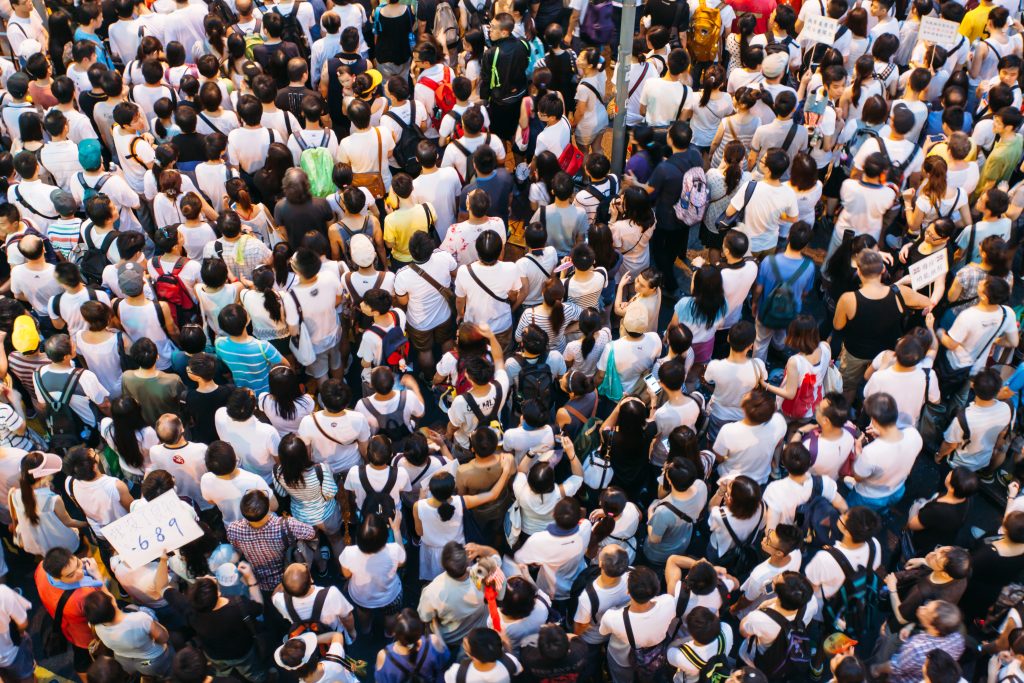
It started with Big Ben’s chime and the soft crunch of cardboard placards being pulled off the hands of protesters. In a matter of minutes, Parliament Square was filled with orderly arrests officers working their way through the crowd, protesters being hauled off to shouts of “shame on you.” 532 people were arrested by the end of the day, the Metropolitan Police’s highest single-day arrest total in a decade.
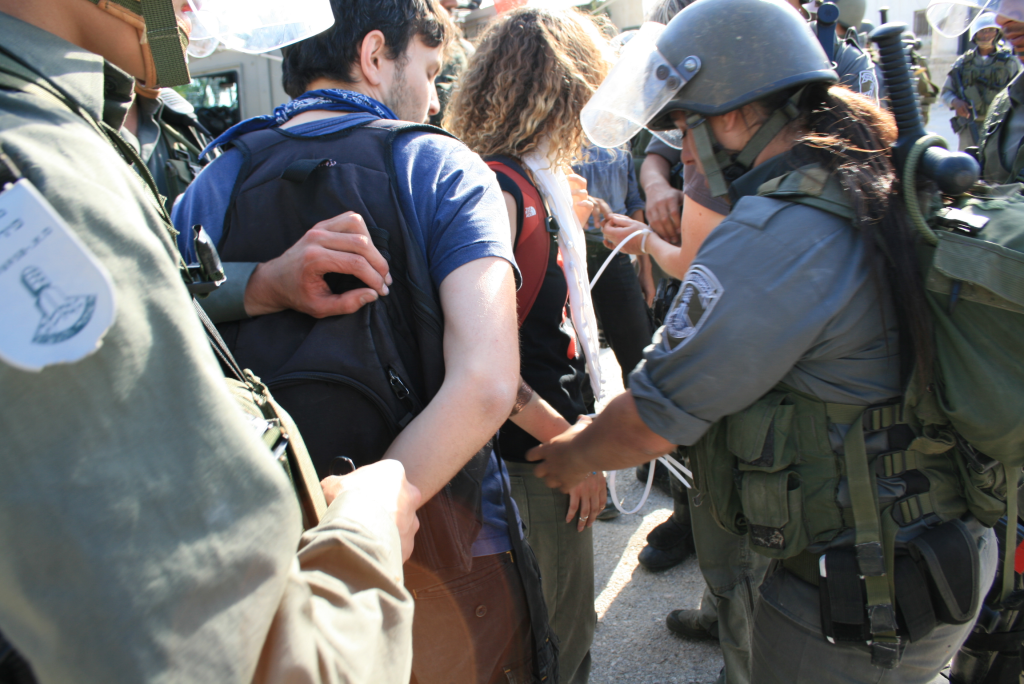
1. A Protest That Broke a Legal Rubicon
The protest, staged by Defend Our Juries, was in direct disobedience of the government’s July ruling to proscribe Palestine Action under the Terrorism Act 2000. The action made supporting or membership of the group an offense punishable by up to 14 years in prison. The majority of Saturday’s arrests 521 were for carrying placards stating “I oppose genocide. I support Palestine Action.” The mean age of those arrested was 54, and the majority were between 60 and 69.
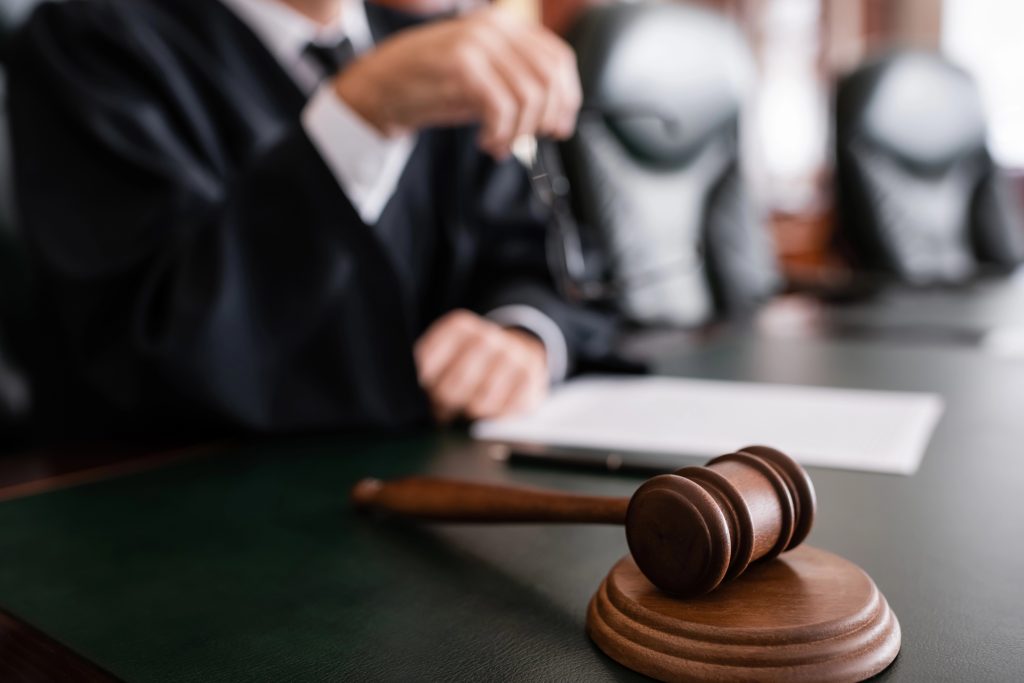
2. The Unprecedented Reach of the Law
Security specialist Lizzie Dearden explained that the legislation currently being applied “was not created for a group of this kind or a group of this scale.” When the Terrorism Act was written in the late 1990s, it aimed at armed militant groups such as the IRA or al-Qaeda. Its application to a civil disobedience group is a new and contentious legal turn.
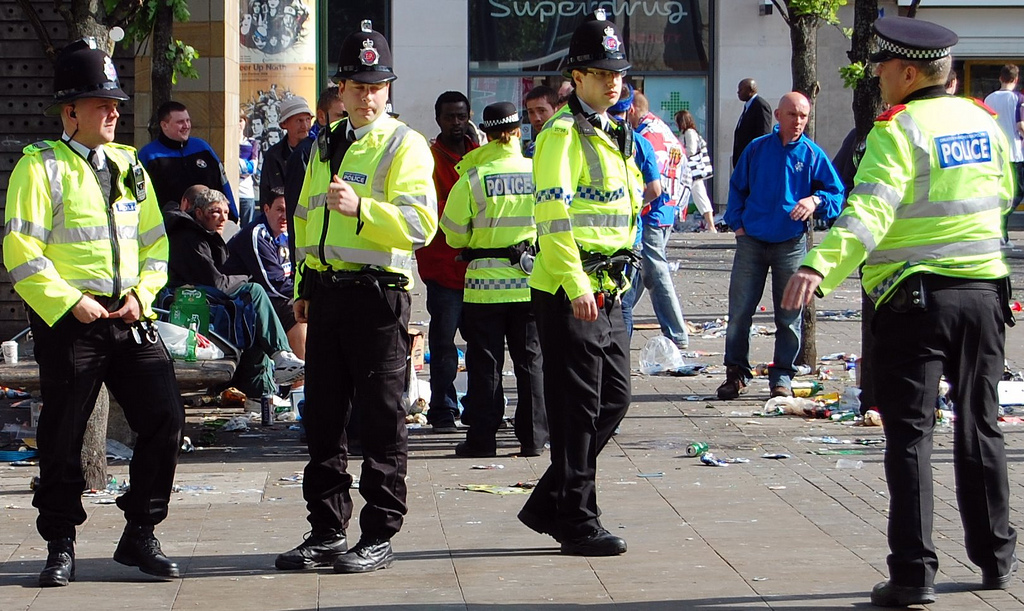
3. The Government’s Security Case
Home Secretary Yvette Cooper has defended the ban, citing “strong security advice following serious attacks the group has committed” and “plans and ideas for further attacks.” The government cites events like the June break-in at RAF Brize Norton, when activists were accused of damaging two military aircraft for £7 million. Officials say the tactics of Palestine Action although most commonly restricted to property damage constitute a national security threat.
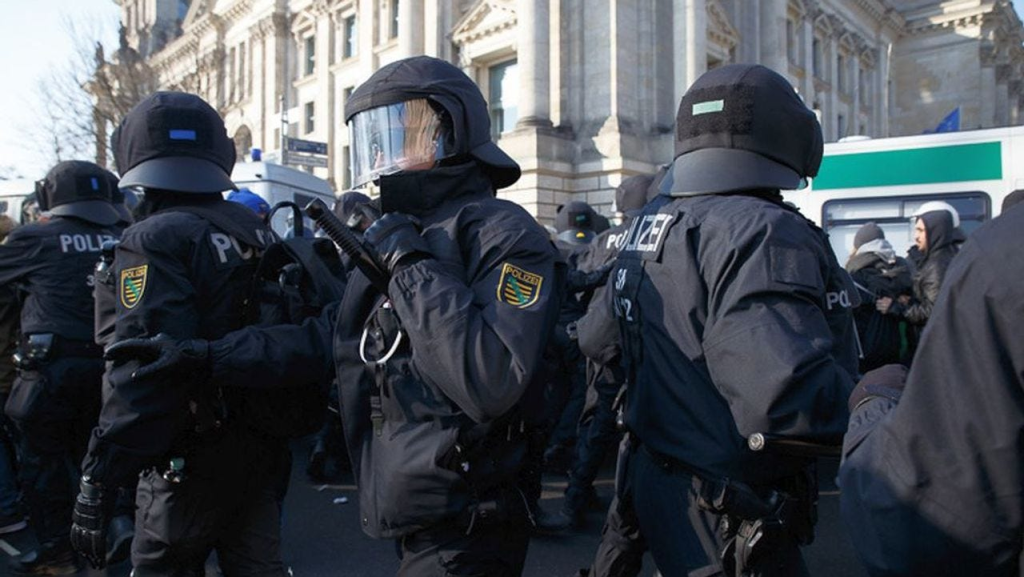
4. Human Rights and Civil Liberties Issues
Amnesty International’s head of office Sacha Deshmukh described the arrests as “deeply concerning,” threatening that “UK terrorism law is too wide and loosely drafted and poses a threat to freedom of expression.” UN human rights experts also asked the UK not to equate property damage with terrorism, arguing that mere damage to property, without putting life at risk, is not serious enough to amount to terrorism.
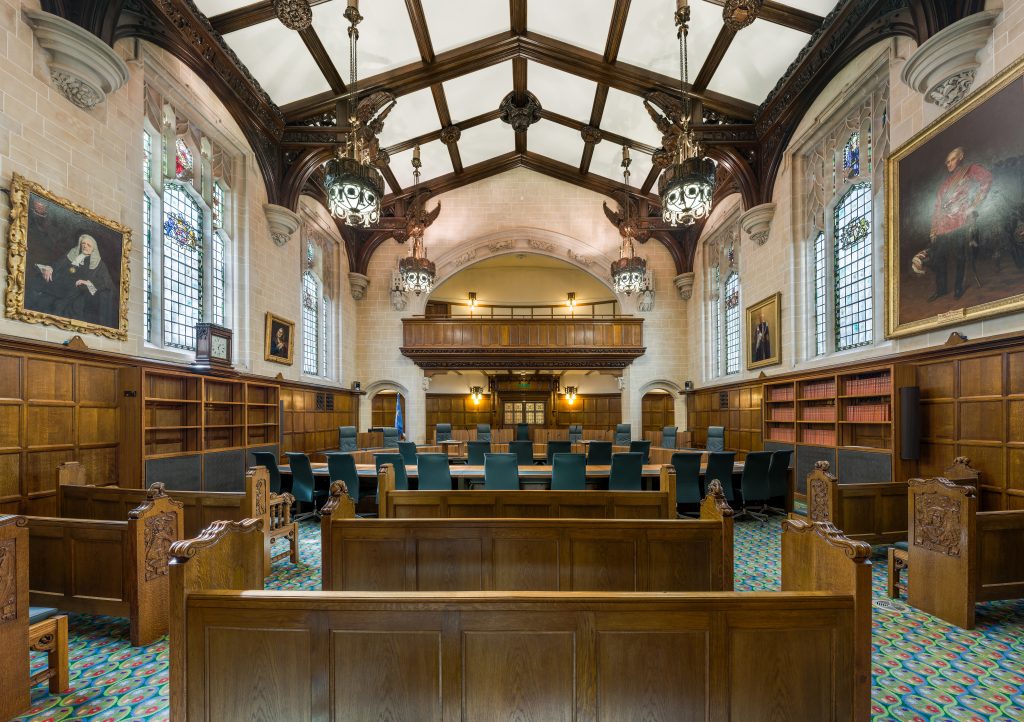
5. The Legal Challenge Ahead
In a landmark decision, the High Court has given Palestine Action co-founder Huda Ammori the go-ahead to challenge the proscription. Mr Justice Chamberlain cautioned that the prohibition threatened a “significant chilling effect on the legitimate political speech of many thousands of people.” The hearing over three days in November will be the first time a proscribed organization under UK anti-terror legislation has been permitted to stage such a challenge.
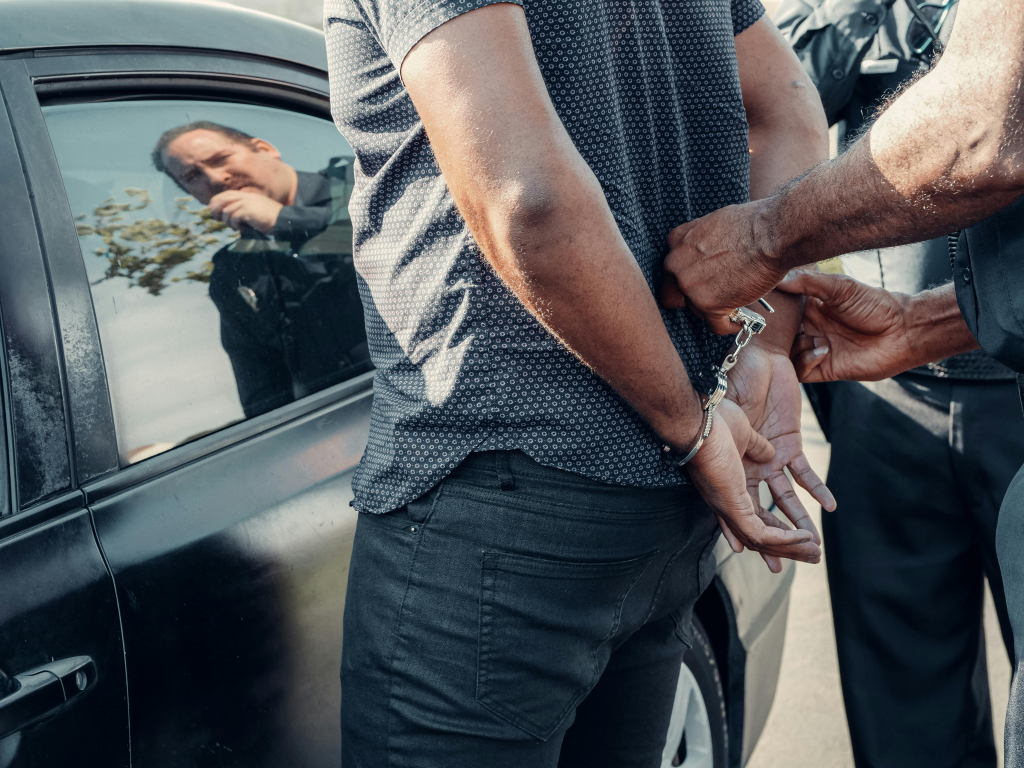
6. The Psychological Impact of Mass Arrests
For most detainees, the experience has been disorienting. Ex-magistrate Deborah Hinton 81, said she was “in a state of trauma” and “shaking uncontrollably” after her very first arrest. Others, such as retired cleric Rev Sue Parfitt, have spent more than 24 hours in custody. These accounts show the emotional burden such policing can place, especially on elderly citizens not used to criminal detention.
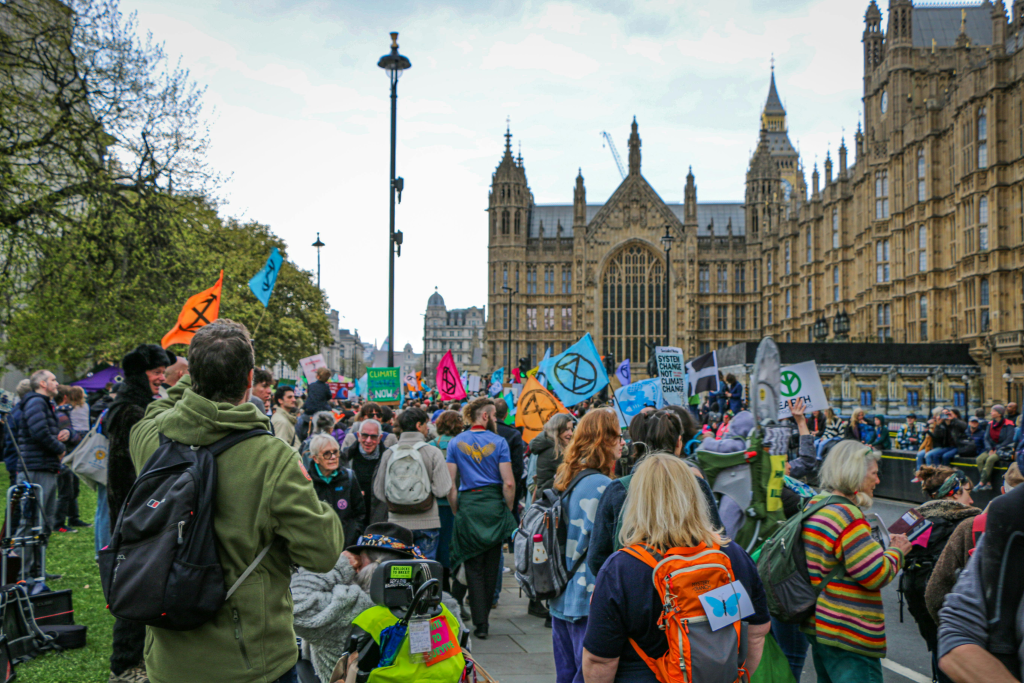
7. A Long Tradition of Civil Disobedience
Opponents of the ban refer to Britain’s history of protest groups ranging from suffragettes to anti-nuclear processions that have disturbed, occasionally illegal, activities without being classed as terrorist. Tim Crosland of Defend Our Juries called the Westminster protest “Britain’s backbone on display,” connecting it to a long tradition of defying perceived injustice.

8. International and Academic Backlash
Over 350 scholars, such as Ilan Pappé and Naomi Klein, have signed an open letter attacking the ban. The UN human rights chief Volker Türk has described it as being out of line with international law. The Foreign Office itself cautioned that proscription might “be interpreted as an overreaction” and be perceived as being against British Muslims.
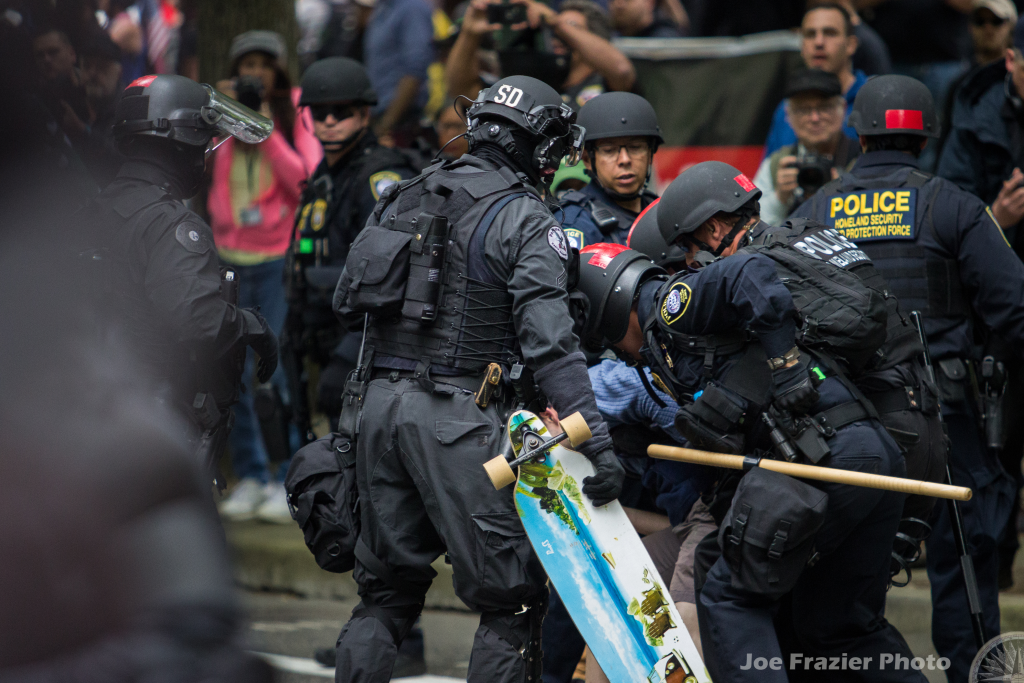
9. The Risk of a Chilling Effect
Accounts of individuals stopped by armed police for carrying “Free Gaza” placards, or detained for displaying Palestinian flag badges, highlight fears that the ban’s effects reach further than Palestine Action. As Justice Chamberlain observed, such events are “likely to have a chilling effect on those who wish to express legitimate political opinions.”
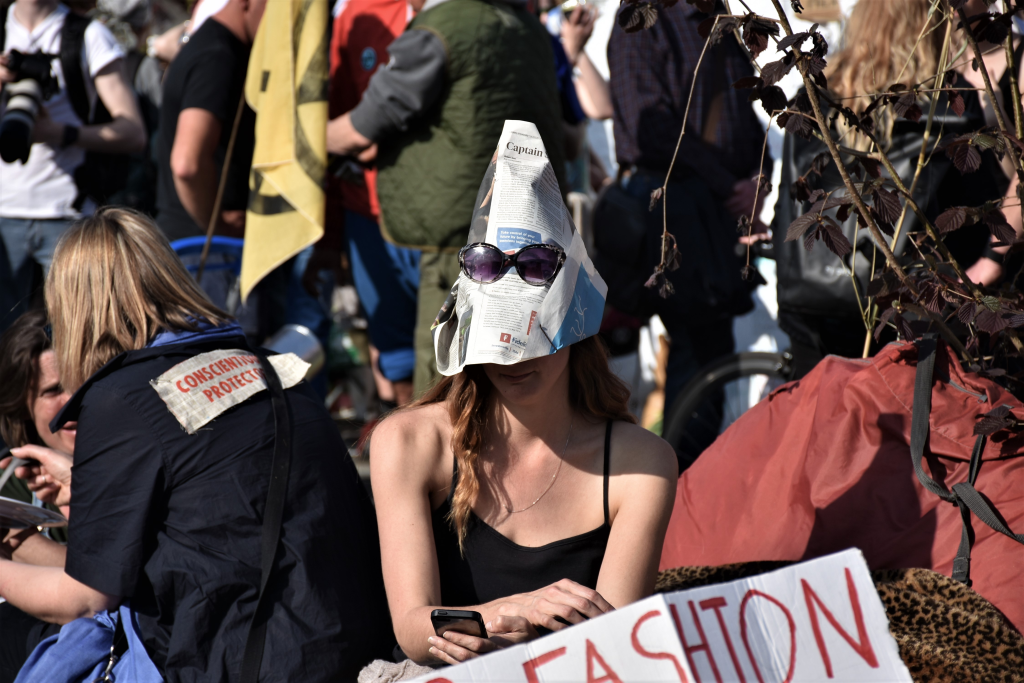
10. What Comes Next
As 18 of the protesters remained in detention a day after the arrests, the Metropolitan Police counter-terrorism unit is making up case files for possible charges. The court challenge in November, meanwhile, may reshape the definition of where protest, civil disobedience, and terrorism intersect in UK law. In the meantime, the sight of peaceful sign-waving protesters carried away from Parliament Square hangs in the air a symbol of a country struggling to know where to draw that line.


